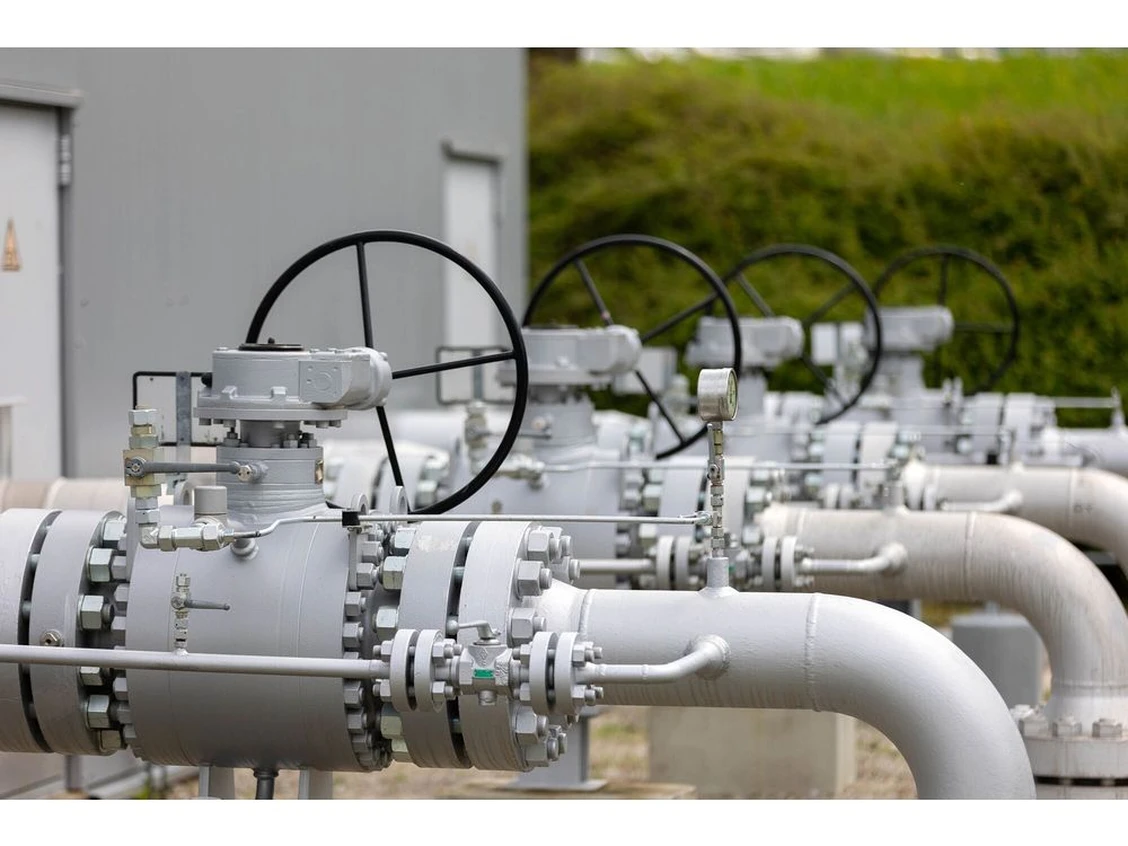Natural gas prices in Europe continue to climb amid escalating tensions in the Middle East, which are increasingly shaping the dynamics of global energy markets. According to Bloomberg, Dutch TTF front-month futures — the benchmark for Europe — rose by 2.2% on Monday, following a sharp 4.8% jump on Friday. This marks the second significant surge in just a few days, driven by growing fears of a broader conflict between Israel and Iran.
The two long-standing adversaries entered into open hostilities last Friday, when Israel launched surprise strikes on Iranian military and nuclear sites. Since then, Israel’s continued aerial campaign has highlighted its technological and strategic air superiority, while also exposing Tehran’s limitations in mounting an effective response. As Bloomberg puts it, “Israel’s air campaign has underscored its air superiority and exposed the constraints facing Tehran’s ability to respond effectively.”
Gas traders are particularly alarmed by the possibility that this conflict might disrupt the flow of liquefied natural gas (LNG) through the Strait of Hormuz — a vital maritime corridor for global energy shipments from the Persian Gulf. While LNG deliveries have not yet been affected, the mere threat of a blockade or military escalation in the region could severely tighten the market, especially at a time when Europe is actively replenishing its gas reserves in preparation for winter.
Adding to the market’s nervousness is the reduced pipeline gas supply from Norway — Europe’s largest provider — as key facilities undergo scheduled seasonal maintenance. At the same time, rising temperatures across much of the continent have led to increased energy consumption, particularly for air conditioning, boosting short-term gas demand.
In this volatile context, European gas prices are once again trending upward. On Monday morning in Amsterdam, front-month Dutch gas futures were trading at €38.58 per megawatt-hour — up 1.81% from the previous close.
As a result, the European energy market finds itself in a state of heightened uncertainty. Geopolitical instability in the Middle East is converging with domestic seasonal supply constraints, amplifying volatility and pushing prices higher. According to Bloomberg, any further escalation between Iran and Israel could prove to be a turning point — not only for regional politics but also for the global energy balance.
This article was prepared based on materials published by Bloomberg. The author does not claim authorship of the original text but presents their interpretation of the content for informational purposes.
The original article can be found at the following link: Bloomberg.
All rights to the original text belong to Bloomberg.


















